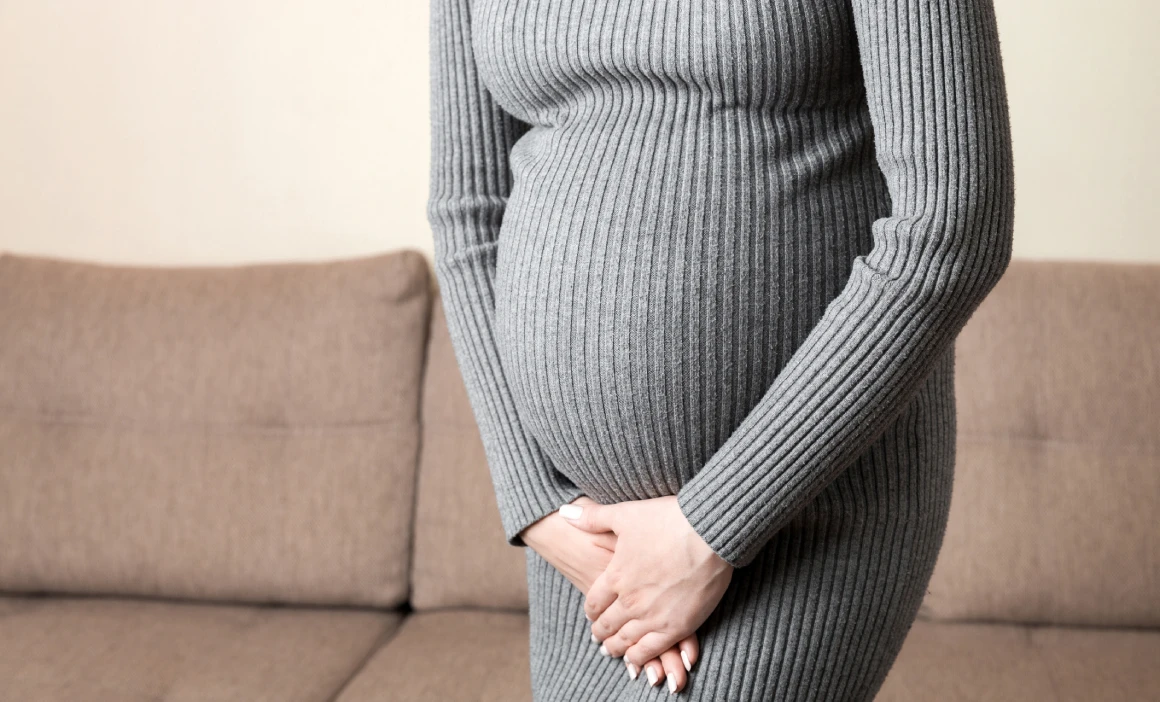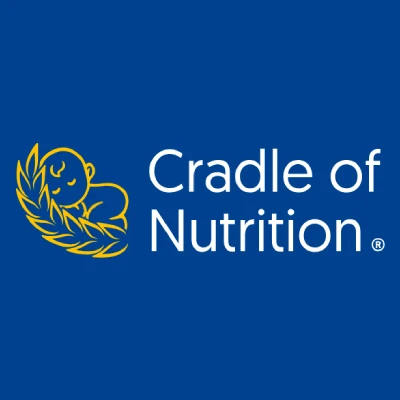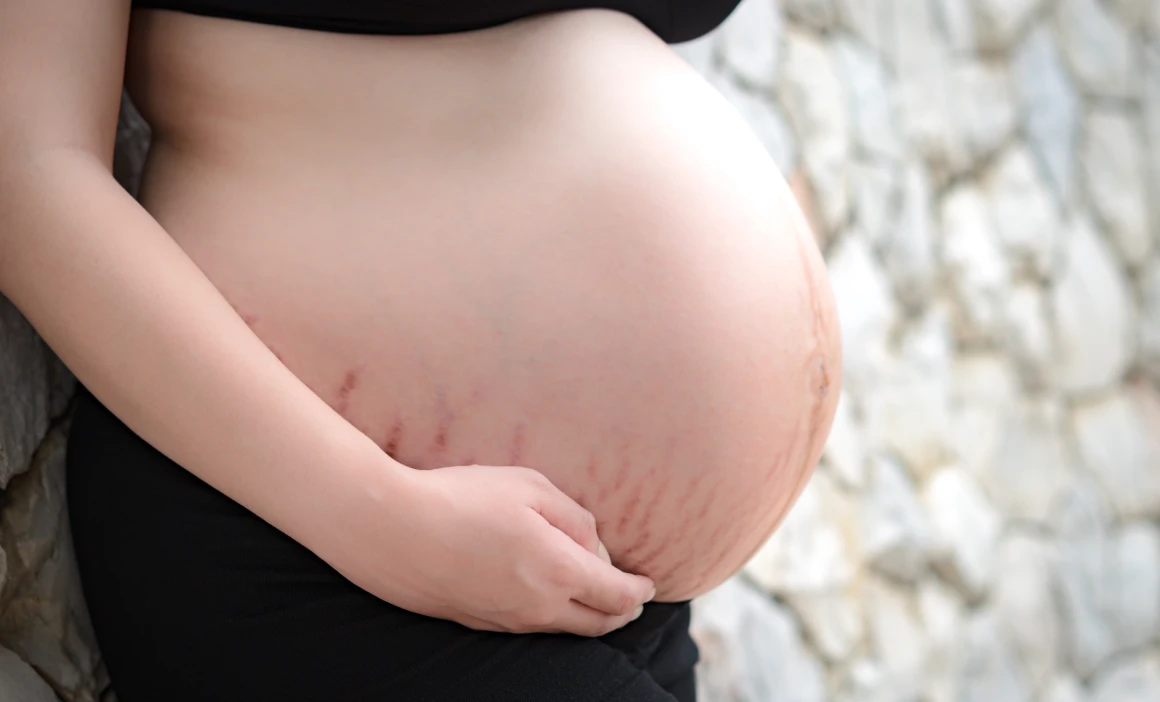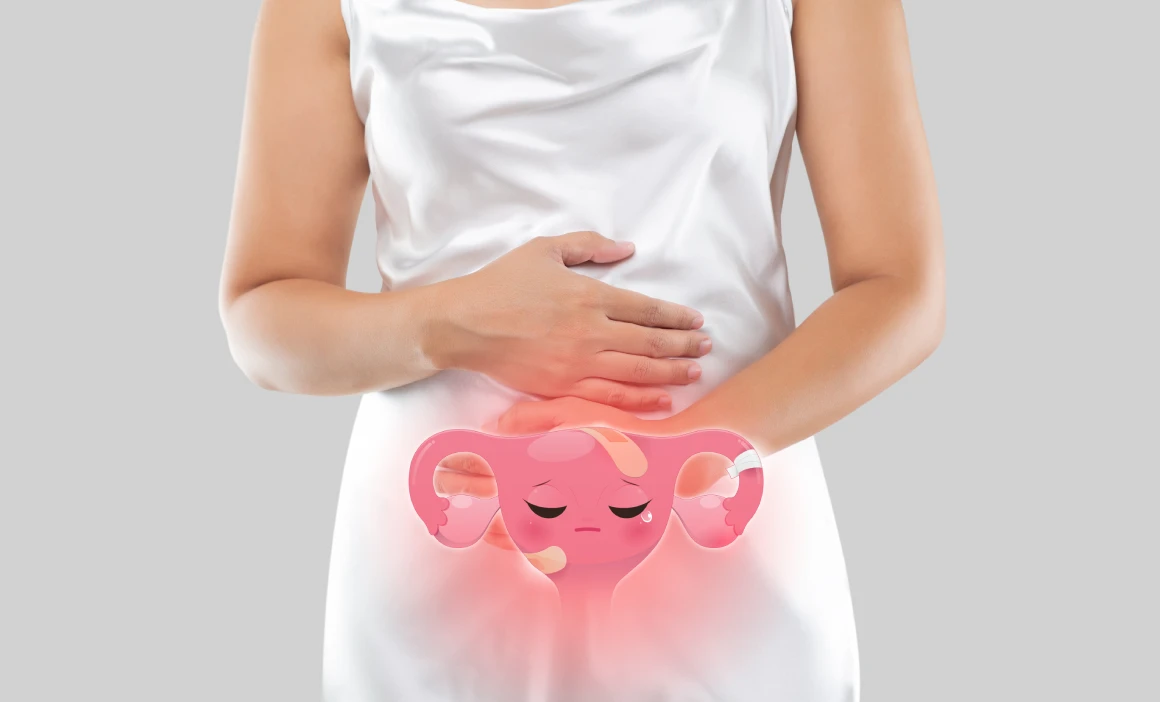
Urinary Incontinence During and After Pregnancy: Causes, Symptoms, and Treatment

Cradle of Nutrition
- 3 minutes read
Pregnancy and motherhood are powerful, transformative experiences—but they can also come with unexpected challenges. One of the most common (and least talked about) issues women face during this time is urinary incontinence—the involuntary leakage of urine. If you’ve ever found yourself leaking a little while laughing or sneezing during pregnancy or after birth, you are far from alone.
Let’s explore why this happens, what you can do about it, and most importantly—how you can regain control with confidence.
What Is Pregnancy-Related Incontinence?
Urinary incontinence during or after pregnancy is the involuntary loss of urine, often triggered by simple actions like coughing, sneezing, laughing, or exercising. It affects up to 30–60% of pregnant women and may continue into the postpartum period, particularly after vaginal delivery.
While it’s very common, the good news is: it’s treatable.
Why Does Incontinence Happen During Pregnancy and After Birth?
There are several factors that contribute to bladder leakage during and after pregnancy:
1. Hormonal Changes
Pregnancy hormones such as progesterone help relax the body’s muscles and ligaments—including those responsible for bladder control.
2. Increased Pressure on the Bladder
As your uterus grows, it presses more against your bladder, reducing its capacity and making it harder to “hold it.”
3. Weakened Pelvic Floor Muscles
During pregnancy and childbirth, the pelvic floor muscles that support the bladder and urethra can stretch and weaken. This makes it harder to control the flow of urine.
4. Possible Nerve Damage
A long or difficult labor, or the use of forceps or vacuum during delivery, can sometimes affect the nerves that help control bladder function.
When Does It Usually Happen?
- During pregnancy: Most commonly in the second and third trimesters as the uterus becomes heavier.
- After childbirth: Especially during the first few postpartum weeks while muscles are healing and adjusting.
Most Common Type: Stress Incontinence
The most frequent form of urinary incontinence in pregnancy and postpartum is stress incontinence—where small amounts of urine leak during physical activity or pressure, such as sneezing, laughing, coughing, or lifting something heavy.
How to Prevent or Manage Incontinence
While not always avoidable, incontinence can often be prevented or improved with a few key steps:
During Pregnancy
- Do Kegel exercises daily to strengthen the pelvic floor.
- Maintain a healthy weight gain during pregnancy.
- Avoid bladder irritants (like caffeine or acidic drinks).
- Prevent constipation with fiber-rich foods and water.
After Childbirth
- Resume pelvic floor exercises as soon as it feels safe.
- Consider seeing a pelvic floor physical therapist for guided recovery.
- Wear incontinence pads temporarily if needed—but don’t ignore ongoing symptoms.
In persistent or severe cases, treatment options may include:
- Medications
- Vaginal support devices (pessary)
- Minimally invasive surgery, such as a mid-urethral sling – Although the mid-urethral sling procedure is effective and safe, it is usually considered a last-resort treatment when conservative methods (like pelvic floor physiotherapy, bladder training, or lifestyle changes) do not provide sufficient relief.
It is especially recommended if:
- The woman has persistent, bothersome symptoms of stress incontinence.
- She does not plan to have more children, because future pregnancies and deliveries may compromise the sling’s effectiveness or lead to recurrence of symptoms.
A Gentle Reminder to New and Expecting Moms
Urinary incontinence may be a common part of pregnancy and postpartum recovery, but it doesn’t have to be a permanent one. With the right care and support, most women see significant improvement—and many fully recover.
Don’t suffer in silence or feel embarrassed to speak up. This is a medical issue, not a personal failure. The more we talk about it, the more we empower each other to find solutions and heal.
Talk to Your Healthcare Provider
If your symptoms persist or worsen, ask your OB-GYN or midwife about next steps. They can guide you to treatment options that work for your body and your stage of recovery.
by Erika Barabás






